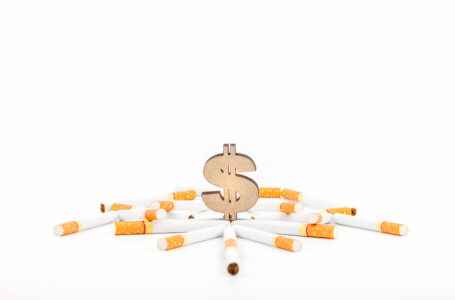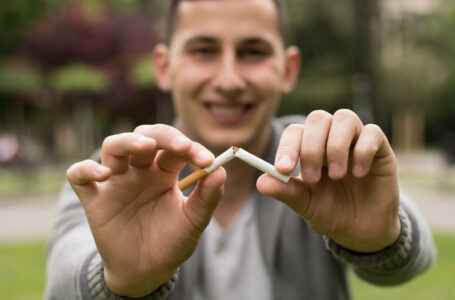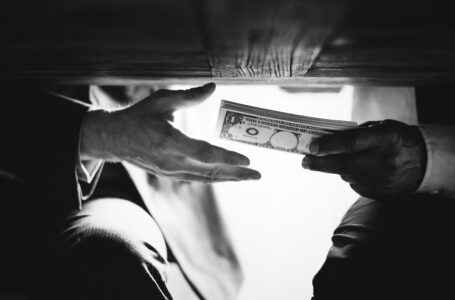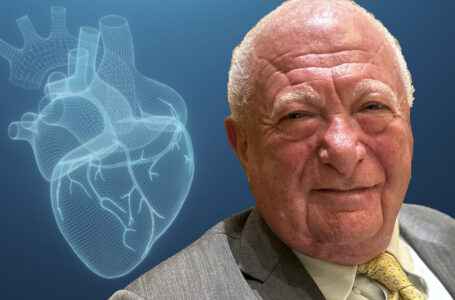Consumer advocacy groups in the Philippines expressed alarm over two congressmen’s revelation about multiple attempts by foreign charities to disburse money to government agencies to influence local policies in violation of the Constitution and the country’s sovereignty.
The Coalition of Asia Pacific Tobacco Harm Reduction Advocates (CAPHRA), Nicotine Consumers Union of the Philippines (NCUP) and the Philippine E-cigarette Industry Association (PECIA) made the statement after two members of the House of Representatives exposed the grant-for-policy tactics employed by some foreign private organizations which they described as an attack on Philippine sovereignty.
“We were alarmed by the revelation of House Deputy Speaker Deogracias Victor Savellano (Ilocos Sur, First District) and Rep. Jericho Nograles (PBA Party List) that several government agencies were receiving grant money from The Union, which is funded by the anti-tobacco advocacy Bloomberg Initiative,” said Clarisse Virgino, the Philippine representative to CAPHRA, a regional advocacy group that promotes tobacco harm reduction.
Anton Israel, president of the Nicotine Consumers Union of the Philippines (NCUP), said the FDA itself confirmed having received $150,430 from The Union. “The Union is an anti-vaping organization. Receiving money from the Union and drafting the regulation on e-cigarettes and HTPs (heated tobacco products) put the Food and Drug Administration (FDA) in an awkward position. No amount of denial on the part of the FDA could erase the suspicion that its policy-making was compromised,” he said.
Joey Dulay, president of PECIA, also lamented that the FDA and other agencies heavily relied on medical NGOs and foreign charities in drafting the guidelines for the regulation of non-combustible alternatives to cigarettes like vapes and HTPs. “We should also be heard because it is the Filipino consumers who will be directly affected by these policies,” he said.
The House of Representatives earlier held a legislative inquiry to investigate whether the funds received by the FDA from The Union had led to specific and pre-defined policies on e-cigarettes and heated tobacco products.
FDA Director-General Dr. Rolando Enrique D. Domingo told the House Committee on Good Government and Public Accountability that the regulatory agency in 2016 applied for and received a grant of $150,430 from The Union mainly to hire “job order” employees who would draft the tobacco control policies of the agency.
“We worked with the World Health Organization, the Asian Development Bank, and non-government organizations such as the International Union Against Tuberculosis and Lung Disease (The Union),” Domingo said during the hearing.
Rep. Nograles said other agencies also received money from The Union. He said these agencies obtained a total of $2.5 million from The Union over the years. “The bigger issue here is do we allow government agencies to be influenced by monies coming from foreign private organizations? What we are looking at here is a constitutional violation, an attack on the sovereignty of the Republic of the Philippines, our independence itself. That is the big problem,” he said.
Virgino said vapers, who have managed to quit smoking by switching to less harmful alternatives, were dismayed by the repeated attempts by The Union and other charities funded by billionaires to undermine tobacco harm reduction in the Philippines.
“Do they want us to go back to smoking cigarettes which are known to kill one in every two smokers? Why then do these foreign charities try to make regulatory agencies ban vaping which has helped thousands of Filipino smokers quit?” she asked.
Rep. Savellano earlier criticized the FDA for drafting proposed guidelines on e-cigarettes and heated tobacco products that were even more restrictive than regulations for combustible cigarettes, which his constituents have decried as a de facto ban on these alternative nicotine products.
“As government officials, we are expected to be fair, objective and transparent in issuing and implementing public policies. We hope that through this investigation, we can better protect our independence and sovereignty so that we do not become an easy target for foreign private entities that wish to interfere with our national policies,” Savellano said.
Rep. Nograles revealed that in 2009, the DOH received US$742,441 for the development and enforcement of local government smoke-free ordinances. In 2010, the Metropolitan Manila Development Authority (MMDA) received US$206,701 and the DOH received US$369,877 for tobacco control policies, the same year the Civil Service Commission (CSC) and DOH Joint Memorandum Circular (JMC) 2010-01 was issued.
He said that in 2012, the MMDA again received US$180,000 for smoke-free city ordinances. In 2013, the DOH received US$150,000 for the implementation of tobacco control policies and the CSC received US$150,000 to raise awareness of and compliance with the policy to exclude tobacco industry interference. In 2014, the DOH received US$192,000 for the National Tobacco Control Strategy. In 2015, the DepEd received US$158,039 for its tobacco advertising ban campaign. In 2016, the CSC received US$183,695 and the MMDA received US$160,000.
Rep. Nograles noted there were multiple instances wherein every time there is an anti-tobacco regulation that comes out of either the FDA or DOH, it coincided with grants coming from Bloomberg.
“We cannot treat this as mere coincidence because this happened in [the course of several] years,” he said.



















